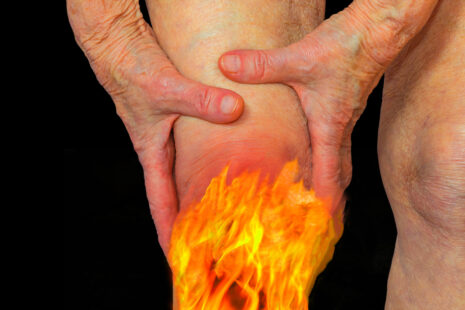Yes, Brazilian Jiu-Jitsu (BJJ) can contribute to increased strength and muscular endurance, particularly in the muscles used for grappling, controlling opponents, and executing techniques. While BJJ primarily focuses on grappling, joint manipulation, and submission holds rather than traditional strength training exercises, it still provides a comprehensive workout that engages various muscle groups throughout the body.
Here’s how BJJ can contribute to strength gains…
- Muscle Engagement – BJJ requires participants to use their entire body to perform techniques, control opponents, and maintain positions. This engagement recruits multiple muscle groups simultaneously, including the core, upper body (arms, shoulders, chest), lower body (legs, hips), and back muscles.
- Functional Strength – BJJ emphasizes functional movements and dynamic body mechanics, which can improve overall functional strength and coordination. Practicing techniques such as takedowns, sweeps, guard passes, and submissions involves applying force and leverage against an opponent, which can enhance muscular strength and power.
- Isometric and Eccentric Contractions – BJJ involves a combination of isometric contractions (static holds) and eccentric contractions (lengthening of muscles under tension), which are both effective for building strength and muscular endurance. Isometric contractions occur when holding positions or resisting an opponent’s pressure, while eccentric contractions occur during controlled movements and transitions.
- Grip Strength – Grip strength is a crucial component of BJJ, as practitioners frequently grip opponents’ uniforms (gi) or limbs to control and manipulate them. Over time, gripping techniques and gripping drills can improve grip strength and forearm strength.
- Core Stability – BJJ places a significant emphasis on core stability and control, as a strong core is essential for maintaining balance, posture, and power during grappling exchanges. Core strengthening exercises such as bridging, hip escapes, and twisting movements are integral to BJJ training and can enhance overall core strength.
- Resistance Training Complement – While BJJ alone can contribute to strength gains, supplementing BJJ training with targeted resistance exercises (e.g., weightlifting, bodyweight exercises) can further enhance strength development. Strength training exercises can address specific muscle groups and movement patterns not adequately targeted during BJJ training.
It’s important to note that the extent of strength gains from BJJ will vary depending on factors such as training frequency, intensity, duration, individual fitness level, and adherence to proper technique. While BJJ can improve muscular strength and endurance, it may not provide the same level of hypertrophy (muscle growth) as traditional strength training programs focused on high-load resistance exercises. Nevertheless, incorporating BJJ into a well-rounded fitness routine can contribute to overall strength development, functional fitness, and improved athletic performance.



